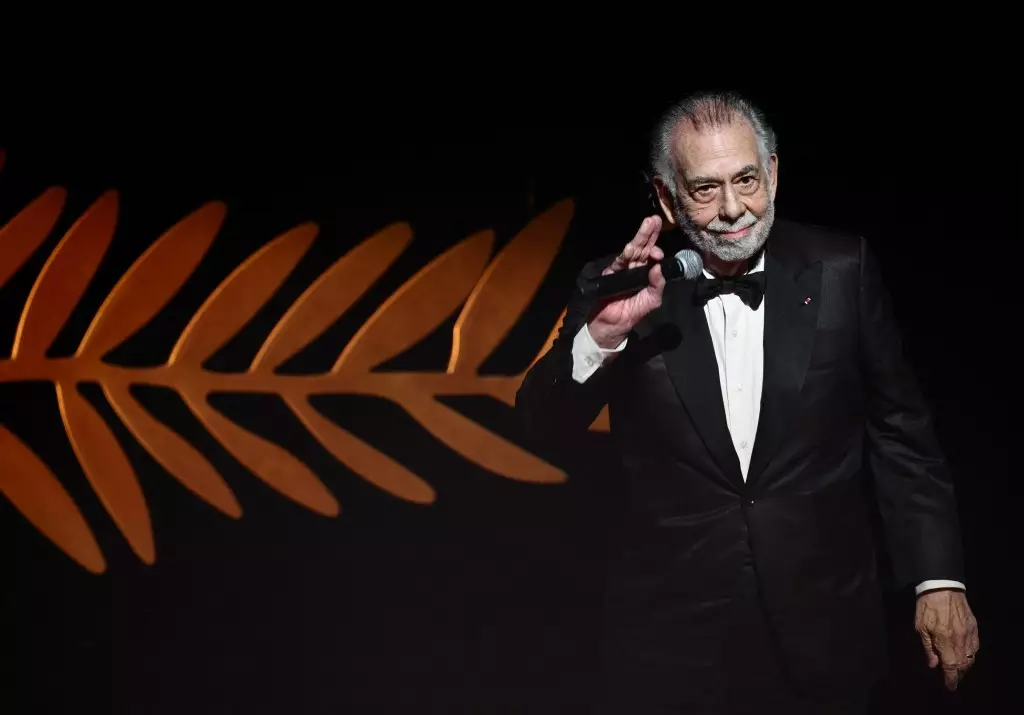Filmmaker Francis Ford Coppola has stirred up controversy with his upcoming film, Megalopolis. He revealed in a recent interview with Rolling Stone that he intentionally cast actors who have been “canceled” at some point in their careers. The director expressed his desire to avoid being labeled as just another “woke Hollywood production” by bringing together a diverse cast of individuals with varying political beliefs. Despite facing criticism and experiencing setbacks during the production process, Coppola remains steadfast in his hope that the film will spark meaningful conversations among viewers.
The Cast
At the center of Megalopolis is Adam Driver, who plays the role of a visionary architect named Cesar Catilina. Driver’s character is on a mission to transform a city into a utopia using a revolutionary material called megalon. Supported by a talented ensemble that includes Giancarlo Esposito and Nathalie Emmanuel, the film also features controversial figures like Shia LaBeouf, Jon Voight, and Dustin Hoffman in key supporting roles. These casting choices have raised eyebrows due to the actors’ past behaviors and political affiliations.
Shia LaBeouf, currently facing legal troubles over allegations of abuse made by his former partner FKA Twigs, brings a dark shadow to the production. Dustin Hoffman’s reputation was tarnished by accusations of sexual harassment, while Jon Voight’s conservative views and support for Donald Trump have created tensions within his own family. Despite these controversies, Coppola sees value in having such diverse perspectives on set, believing that meaningful dialogue can arise from a clash of different ideologies.
Voight himself acknowledges the political undertones present in Megalopolis, hinting at themes that touch upon the current division within the country. While he refrains from delving too deeply into his personal beliefs, the veteran actor recognizes the film’s potential to provoke discussions about the future of society. Coppola shares this sentiment, emphasizing the importance of open dialogue in shaping a better world. By presenting a range of viewpoints within the film, the director hopes to encourage audiences to reflect on the complexities of modern life and engage in constructive conversations.
Megalopolis tackles ambitious themes inspired by ancient epics, presenting a grand narrative that mirrors the complexities of contemporary society. The juxtaposition of utopian ideals with flawed characters creates a rich tapestry of conflicting perspectives. Coppola’s vision for the film is to challenge viewers to confront their own beliefs and engage with the ever-evolving dynamics of a changing world. By casting actors with diverse backgrounds and experiences, the director invites audiences to consider the intricacies of human nature and the challenges of building a harmonious future.
Megalopolis stands as a bold exploration of society’s limitless possibilities and inherent contradictions. Through a provocative ensemble of actors and a narrative that transcends time and space, Coppola’s vision comes to life on screen. While the film’s controversial casting choices may spark debate, they ultimately serve as a catalyst for deeper reflection and dialogue. As the release date approaches, audiences can expect to be challenged, inspired, and perhaps even transformed by the powerful storytelling of Megalopolis.

